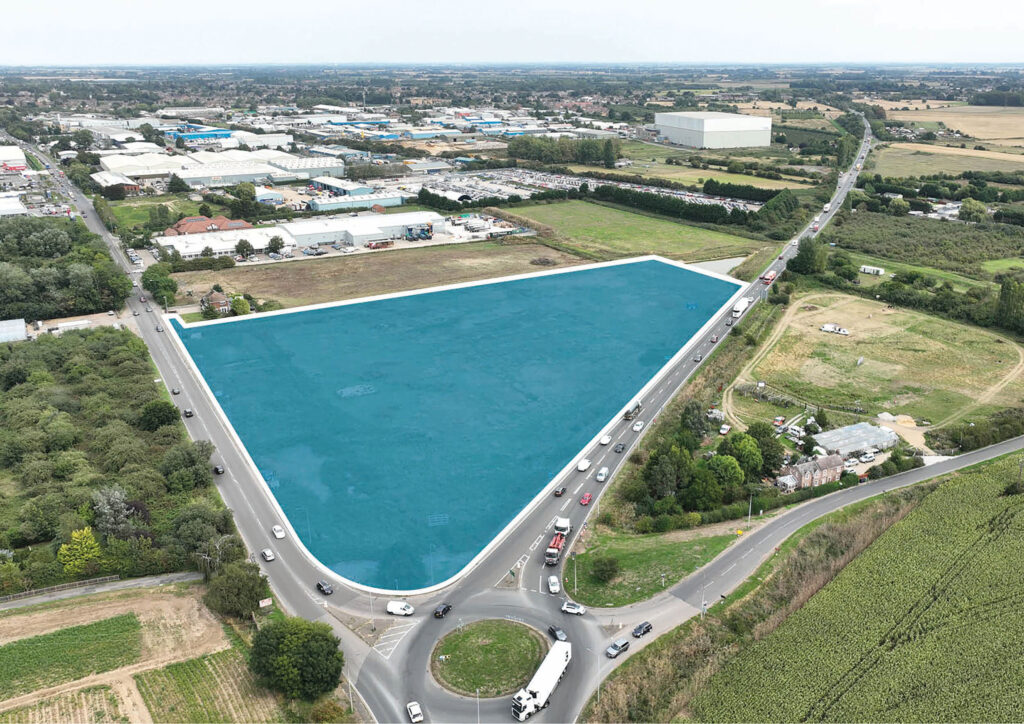The giddy excitement of purchasing a property abroad can, however, often mean we skip a few steps in our due diligence.
With the help of Simon Conn, our property partner, we help you avoid the five most common mistakes made when purchasing a property abroad.
1. Illegal developments
Unfortunately, there are unscrupulous characters out in the market and, because of this, it’s important to ask the right questions about where a property is situated. If for example, if the property is built on ground set aside for green belt or agricultural land, then there is a risk that the development may be illegal.
Make sure you take counsel from an independent, English-speaking lawyer, preferably not from the same area as the property. This helps ensure you receive accurate, impartial advice.
2. Planning permit mishaps
There are a variety of issues that commonly occur with planning permission; wrong permits, ‘corrupt’ permits and ‘invisible’ permits. Not having the right permit can result in your dream purchase being demolished.
Ensure you investigate permits and permissions on a property purchase abroad with the same level of detail you would at home.
Local rules may differ from regional legislation, so checks should extend further than the area where the property is being or has been, built. You can do this independently, but do make sure you have all necessary information.
Alternatively, a good independent lawyer will check to confirm that all parts of the property are built under the correct legislation.
3. License errors
Planning permission is, of course, an important point to consider, but you must also think about which licences the property needs. Not having the correct licences (such as “Habitation”) could have an impact on what utilities you can obtain and access; this can include gas, water, and electricity; which local councils may not automatically grant.
If you are buying a property in an apartment block or a large development, developers sometimes don’t register for the correct licences until all properties in the development have been registered in each purchaser’s name.
Be sure to establish exactly when relevant licences will be issued as this may take months and you might find this delays your property use or rental.
4. Poor foundations
Poor construction is a problem often seen on property abroad TV shows. It is crucial to obtain an independent valuation, ideally from a professional surveyor with expertise in that country.
Unless you have a clear warranty or explicit contractual guarantees, it is worth getting a survey on a new property, as this will highlight any problems. New properties can, for example, be built in poor soil and with inadequate foundations. Builders may also use sub-standard materials or build in dubious locations like flood plains.
If you are buying a new property, be sure to check out the developer’s record. Look into resales on the existing development to see how they have ‘weathered’.
5. Unfavourable contracts
Often when purchasing abroad, it’s common to receive just one contract in the local language. If this is the case for your property, you must get it translated. While it can be tempting to use a cheap online service or Google Translate, we have seen this go awry for clients in the past. The cost of a professional translation is small in comparison to the cost of your property; don’t be tempted to scrimp on this part.
Contracts are one of the most important elements in a buying a property abroad. We cover the common contract mistakes in more detail in our purchase pitfalls blog.
Buying overseas should be no different to buying at home. Take appropriate precautions to ensure you minimise any risks and then enjoy your new home.
This article was adapted from the publication ‘Top five mistakes that people make when buying overseas property‘.
Want more useful advice about the pitfalls of buying property abroad, and what to do about them? Download our free guide today!…






